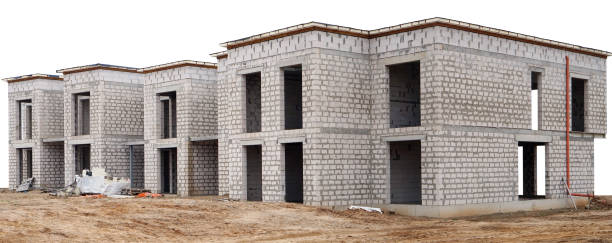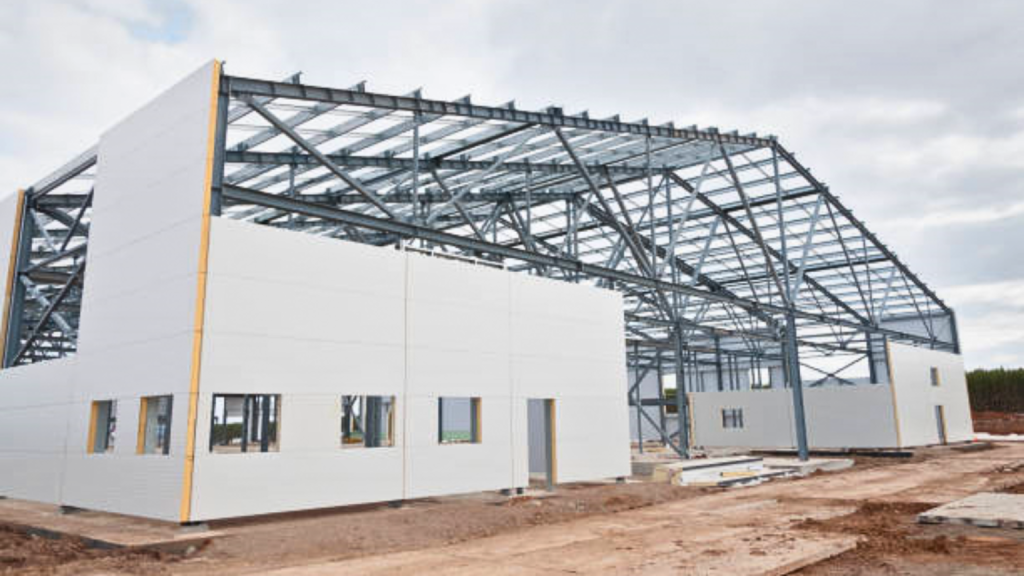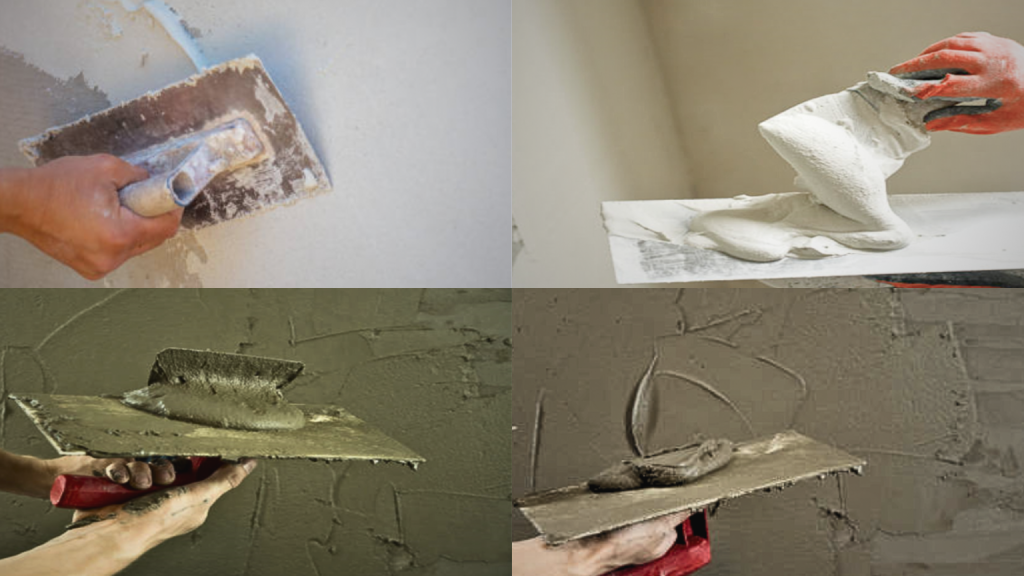Types of Stairs in Building Design
Different Types of Stairs & Materials Used to Build a Staircase In this article, we will explore and discuss the various types of stairs commonly found in buildings. Stairs are a fundamental architectural feature that not only provide functional access between different levels but also contribute to the overall design and aesthetic appeal of a […]










